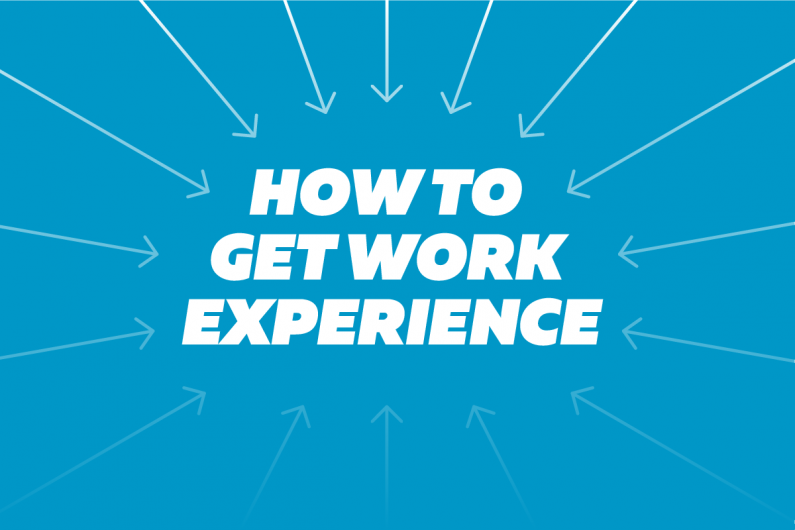How to get work experience

Find out how work experience can help you explore career ideas.
What's on this page?
Work experience involves working for an organisation so that you can explore your career options, learn about a job and gain skills. There are many types of work experience, from school work programmes to internships and voluntary work.
Applying for work experience is very similar to applying for a job. Here’s a guide to help you search for and complete work experience.
Step 1: Choose a job you'd like to try
It's a good idea to do work experience in an area you're already interested in. For example, if you want to get into healthcare, find some work experience where you help people.
Step 2: Find helpful contacts
Helpful contacts could include:
- people your family/whānau or friends know
- people in your clubs, sports teams and other community groups
- a school career adviser or Gateway co-ordinator
- people in your workplace
You can also find organisations online.
Step 3: Prepare your CV
Your CV showcases your skills, abilities and achievements to an employer. You can email your CV to potential employers when you ask for work experience.
Step 4: Prepare to meet an employer
If you're asked to meet an employer about work experience, you should treat it like a job interview.
Make sure you:
- dress neatly
- arrive on time
- are prepared to answer any questions they may ask.
The meeting is a two-way process, so make sure you ask them about what you'll be doing if you're offered work experience.
Make the most of your work experience
When you're doing your work experience, make the most of it by:
- asking your supervisor to talk about the roles in the organisation
- trying to meet as many people as you can
- updating your CV with your work experience
- asking your supervisor for feedback on your work
- asking your supervisor to be your referee for future job applications.
Starting out and want some job ideas - video
Employers talk about work experience options – 2.21 mins.
Gaby Solomona: What's some advice for young people who are just leaving school, have no qualifications, no experience, and looking for a first time job?
Kathryn Johnston: There is work placement companies including ourselves that can help out and getting you experience somewhere. There can be internships, unpaid internships, there can be work experience. There's lots of different places that are willing to give you an opportunity if you're wanting to learn. Just sitting behind a computer screen and sending your CV everywhere and getting no feedback is obviously going to bring you down. I think there's no way of getting around it. You really do have to try and get out there and meet people because if you don't do that, you can't expect the opportunities to come to you.
Prestige: We're all about trying to find the young'uns' passion and once we find that, we've put them into work experience and then from there it's all about them turning that experience into a business. That passion to profession, it is 50% of the creative side, which is the fun side of that, but the other 50% is with the business mentoring that I come in and help them mentor their way through the industry.
Maurice Deevy: So we've got a big wide range of job types that go with it and so we're lucky enough that we can start a lot of people at trainee level. We're looking hard to get get more females into our industry because I find a mix of men and women at, we'll say the problem-solving table, and the planning stages, is just so much better. There's a much, much wider range of ideas coming in.
Mereula Nacewa: You don't have to upload a CV or a cover letter. It's around jumping on the Switch Up website and listening to videos and watching and hearing about what the job's like at Fletcher Building. It focuses on four main job families - so customer service roles, labouring roles, operator roles, and forklift driving roles, and you could be employed in any one of our many business units up and down the country.
Mandeep Kaur: For young people I would like to say that this is a career which is so fascinating, so fulfilling. We have run 45 different work groups within the force just to name a few - CIB, drug squad, community policing, intelligence policing - it really depends where you want to see yourself. We need more ethnic officers because our population is increasing and we need to reflect over population.
Find out more
Updated 29 Sep 2020